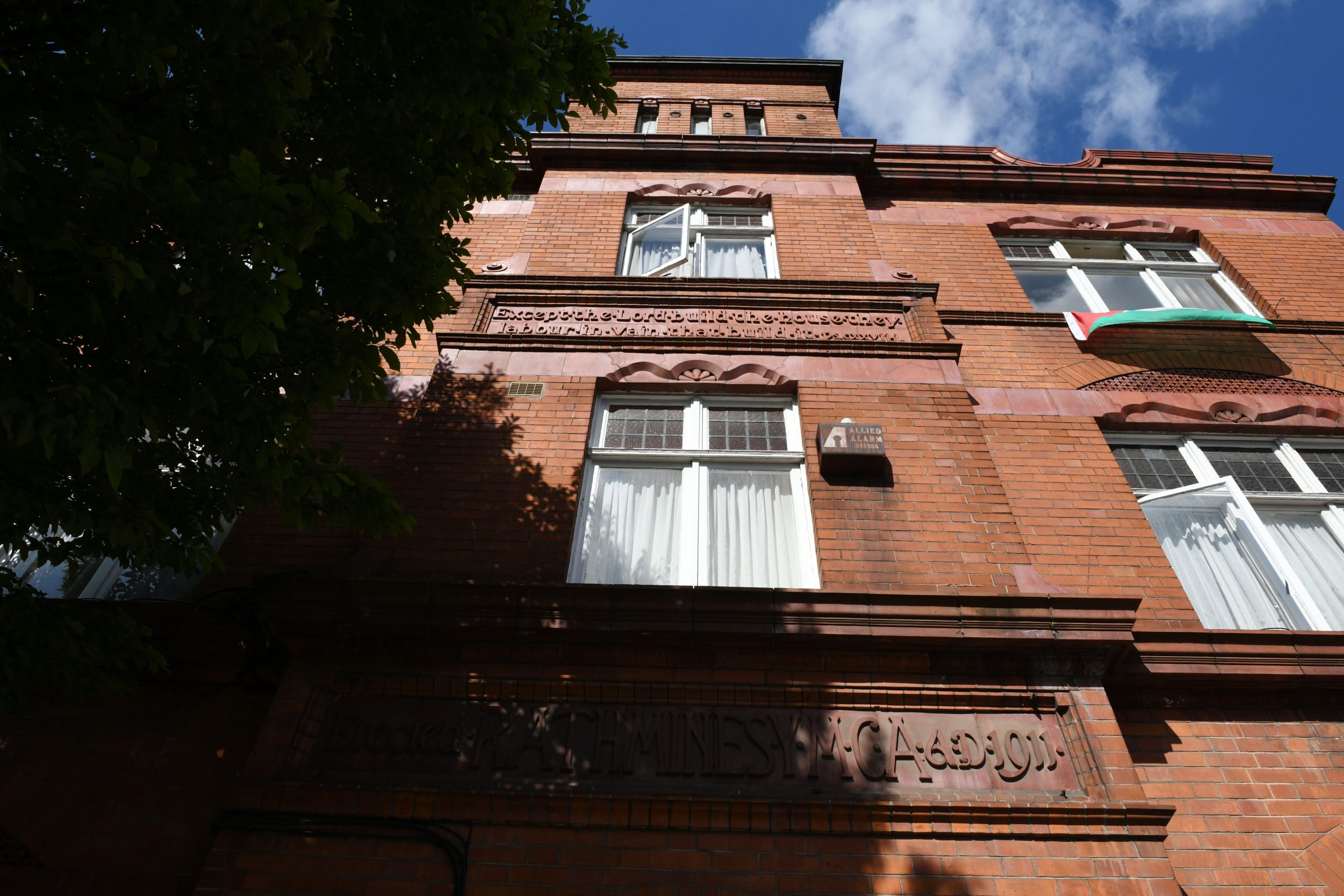For the last 18 months, a London-based investment firm called Valpre Capital has been snapping up what are known as pre-63 buildings in Dublin 2, 3, 4, 6, and 8. Founded by four Lebanese investment professionals, the fund has spent €25 million buying up multi-tenant houses primarily in south Dublin. This is only the start – it intends to build a €100 million residential property portfolio in Ireland. Despite the onslaught of Covid-19, Valpre Capital still closed its most recent deal earlier this month after it spent €7.15 million buying up yet another portfolio of pre-63 properties. It has a…
Cancel at any time. Are you already a member? Log in here.
Want to continue reading?
Introductory offer: Sign up today and pay €200 for an annual membership, a saving of €50.

